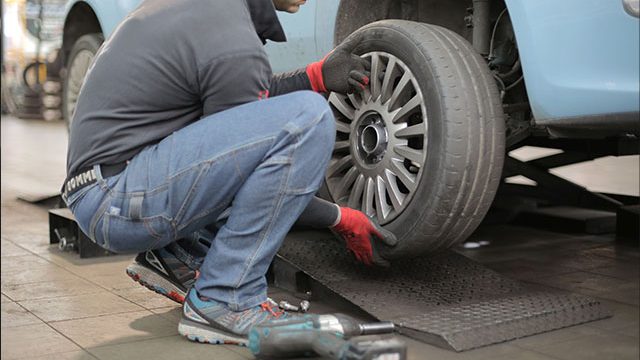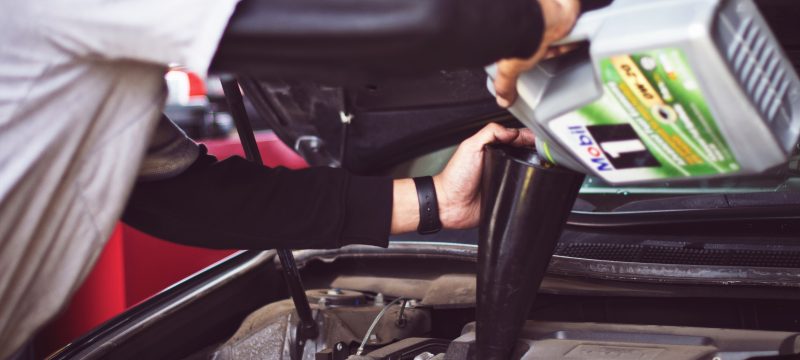check engine light, Raleigh
Your Check Engine light is on, and you’re wondering what to do next. There is a lot that can go wrong with your car’s engine. It’s important to not only diagnose the problem right away, but also get it fixed correctly so that it doesn’t happen again in the future. To find out more information about your check engine light and how to fix it yourself, we recommend calling our Raleigh auto repair shop today,
What does the Check Engine Light mean?
The Check Engine Light is a warning light that signals that there is something wrong with your vehicle’s engine. The Check Engine Light can be triggered by a variety of issues, so it’s important to take note of what triggered the light and how long you’ve had it on before calling for service.
How do I know if my car needs an Engine Diagnosis?
If you’ve checked your car’s engine diagnostic light and it’s on, there are a few things to keep in mind. First, if you’ve had the check engine light on for a while, it could mean that an issue with your car is causing the problem. This can be anything from a faulty part in your catalytic converter (which reduces polluting gases) or fuel injectors to low oil pressure or even something as simple as dirty air filters.
If this is the case, then having an expert come out and do a full diagnostic test would be best for peace of mind. However, if this isn’t working for you (or if money is tight), then DIY diagnostics are also an option! They’ll still help rule out any major issues but won’t necessarily cover everything like professional services will—so make sure before doing anything else what exactly needs fixing first!
Another thing worth mentioning here: some cars have built-in self-diagnostic systems which allow owners/maintainers access all sorts of information about their vehicles through wireless technology inside them; others require external equipment such as scanners which connect through Bluetooth connections until they reach their destination point where they can collect data before returning home again.”
What is an engine diagnostic test?
An engine diagnostic test is a process that can be performed by a technician to determine if there is a problem with your vehicle. The engine diagnostic test will determine what the problem is and how serious it is.
How long will it take to get a diagnosis of my vehicle?
The answer to this question will depend on the type of vehicle and its engine. It can range from two weeks to several months, depending on your specific situation.
If you have a car that requires more than one test, it can take even longer. For example, if your check engine light came on because of an issue with your catalytic converter (which is part of your exhaust system), then you would need to take the car into an authorized repair facility for them to diagnose the problem with their equipment and tools.
What should I expect to find out about my vehicle after an engine diagnostic test?
The engine diagnostic test will tell you what’s wrong with your car, and how much it will cost to fix. It’s also important to know how long it may take to repair the issue, so that you can make sure you have enough time on hand before the work is done. You don’t want to find out that your mechanic has been booked solid for the next few weeks because of an emergency situation!
When we run a diagnostic test on one of our vehicles, we usually find an issue within 30 minutes or less—but sometimes there could be more than just one problem lurking nearby if we’re not careful about looking beyond just our own assumptions about what might cause these symptoms (for example: “This must be related”). So make sure that before scheduling any future repairs at all costs!
If your Check Engine light came on, come see us now.
We can help you diagnose the problem and give you an estimate on the cost of any repairs that need to be made. Our technicians are highly trained to make sure that your vehicle is safe to drive as soon as possible.
Even though this can be a daunting task, we are here to help you navigate through the process. If you have any questions about what to do when your Check Engine light comes on in Raleigh or anywhere else in North Carolina, please feel free to call us at 919 876-8011! We will make sure that your car gets fixed safely and efficiently.
When it comes to caring for your vehicle in Raleigh, why go anywhere else. Let our experts care for your car or truck and keep you on the road longer.
World Class Automotive has been providing high quality auto repair in Raleigh, NC for over 25 years. For all your repair, maintenance, and general service needs contact World Class Automotive today at (919) 876-8011 or visit us online at www.worldclassautoraleigh.com





